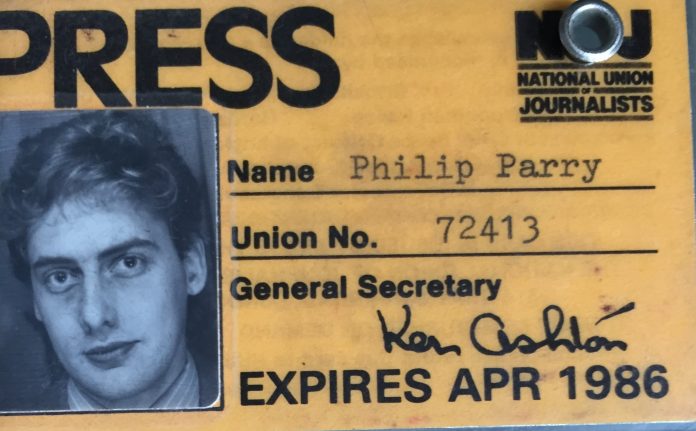- ‘Lies, damned lies etc…’ - 13th February 2026
- Missing in action - 12th February 2026
- Travel news again - 11th February 2026
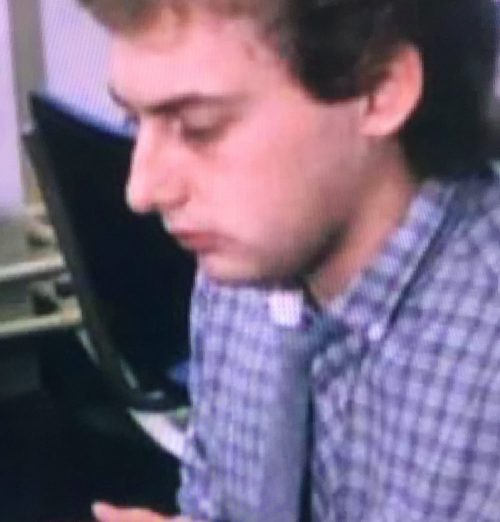
On The Eye our award-winning Editor Phil Parry has described how he was helped to break into the South Wales Echo office car, recalled his early career, the importance of experience in the job, making clear that ‘calls’ to emergency services and court cases are central to any media operation, as well as the vital role of the accurate quotation.
Here he explains the shock of being a poorly-paid reporter on newspapers, before moving to the relative riches of broadcast presenting.
Most journalism is extremely badly-paid.
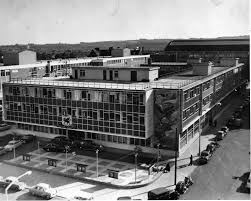
When I started almost 35 years ago (see report next month) I was on a salary of less than £5,000 a year.
This was when I was training as a cub reporter on The South Wales Echo.
We knew that economising was the order of the day, and every trip in the beat up ‘office car’, which we shared with reporters on The Western Mail, had to be accounted for.
Our low pay was nominally ‘topped up’ by expenses (or ‘exes’).

This practice of ‘using’ expenses to subsidise the low salary, was completely illegal of course because it gave us untaxed money.
It was unsaid, but we all knew, that everyone had a certain level and, as the most junior member of the newsroom, mine was about £12 a week.
I remember one week I had the audacity to bump up my ‘claim’ to £14 but the News Editor, Stuart ‘Minto’ Minton took it down again, saying: “Oh, no, no. We can’t have this”.
When I moved to a Cardiff freelance agency on Charles Street called Cambrian News Agency in 1986 the situation was little better.
I had a slight pay rise, but my salary was still only £6,000 a year.

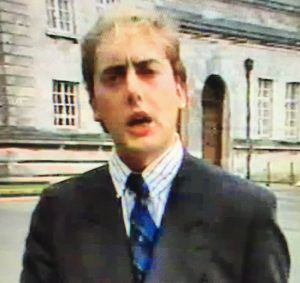
When I moved into broadcasting a year later, however, the picture was very different.
On BBC Wales Today my salary immediately soared to an unheard-of £12,500 a year with generous expenses.
When I transferred to the now-defunct TV Current Affairs series Week In, Week Out my pay went up again.
The expenses system at the BBC (now thankfully altered) was ripe for exploitation.

You could claim a standard amount for lunch or evening meal (about £6 and £9) even if you had only eaten a sandwich, and no receipts were required.
So you could pay for a cheapo egg and cress sandwich with a cup of coffee standing up in a greasy-spoon cafe to keep going while you were out filming, yet claim huge amounts of money for it.
For overnight stays it was the same system.
You would charge a standard amount if you had stayed in a flea-pit B and B, or even if you headed home and had a free night in your own bed.
This was known as ‘doing a flyer’.
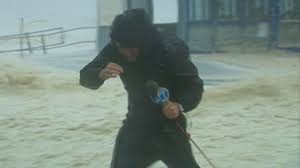
You could also claim for ‘wet-weather’ gear.
I remember doing this in the middle of summer and I got a call from an official in the Personnel Department (as it then was) who had picked up on the claim, saying that no one had ever done this before!
Network television was even worse (or better depending on your perspective!).
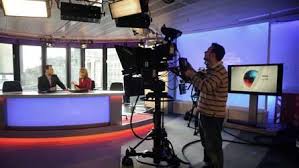
I remember when I was filming for BBC Panorama in Italy, I was picked up from the airport in a chauffeur-driven Mercedes-Benz and I was then whisked to the Rome office!
Back in London, we used to have ‘BBC cars’ waiting outside our offices to take us to interviews.
On BBC Public Eye I had to film in America, and I was booked into a hotel room in Little Rock, Arkansas, which had a sitting-room AND a bedroom.
This has all now again thankfully changed; receipts must be provided and everything justified.
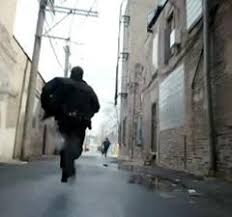
Quite right too.
Meanwhile on The Eye I still do the same journalism of challenging those in authority, but make virtually no money whatsoever.
I feel like I am back at square one!
Tomorrow – why it’s not always tough at the top for those in charge of Welsh universities.
Check your knowledge of today’s events as revealed over the last few months on The Eye, with our brilliant interactive quiz: [viralQuiz id=1]








